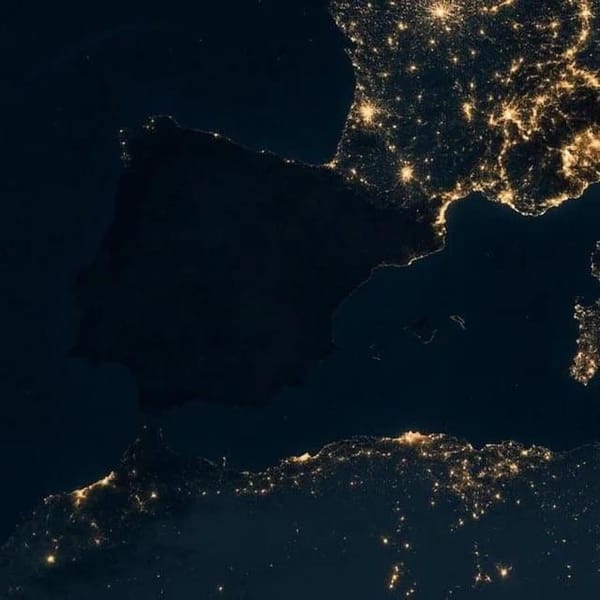
Romania hikes inflation forecast
The National Bank of Romania (BNR) revised upward, to 7.5% its inflation prognosis for the end of this year on Wednesday, 9 August. According to the data presented by the central bank’s governor Mugur Isarescu, inflation will be 4.4% at the end of 2024.
Presenting the Quarterly Inflation Report, Isarescu said “In bold it’s really a warning. The basic scenario was built on the basis of the legislation in force and the data we have at the time of the projection. That is, the report was first discussed in the Monetary Policy Committee and then in the Council.
“About 3-4 weeks ago. I introduced a model on those because the forecast is based on a European, sophisticated, modern model, a macroeconomic model. Entered the data into the model. But we can’t put ten variants in there. It’s the basic scenario. At most we could do two or three alternative scenarios,” he said.
Inflation prediction slightly up
In May 2023, the BNR estimated inflation of 7.1% by the end of 2023. A quarter earlier, in February 2023, Romania’s national bank had revised down the inflation forecast for the end of this year to 7% and estimated inflation of 4.2% for the end of 2024.
Isarescu explained that “the basic scenario is made with the definite data we have and we enter it into the model and that’s how it came out. In our press release we specified this, perhaps with slightly too technical terminology. I saw that it was read totally erroneously that I had warned the government.
“There is no warning from the government and I make this clarification not to make news out of news. And there we talked about uncertainties regarding the forecast. So to this basic scenario. No uncertainty that we are warning the government that if they increase taxes, inflation will increase,” he added.
Not all taxes stimulate price rises – Isarescu
Isarescu specified that only some increased taxes lead to an increase in inflation, namely direct consumption taxes, excise taxes and VAT. “Increasing income taxes, for example, can even have the opposite effect. It is more difficult to calculate the increase in income taxation. It leads to a decrease in aggregate demand,” the BNR governor explained.
According to the presentation, the basic scenario was built based on the legislation in force at the time of the projection and does not include the impact of the fiscal consolidation measures recently discussed by the authorities.
Romanian outlet www.digi24.ro wrote that the trajectory is above the one presented in the May Inflation Report, but more significant only at the end of the current year, to the tune of 40 basis points.
Wide uncertainties are also present regarding the projected trajectory in the context of the likely adoption of some fiscal correction measures on the side of budget revenues, with a direct impact on CPI inflation, for example, increases in indirect taxes – VAT, excises, the Romanian website added.
Hungarian business website wrote: the governor stated by lowering the base rate, the BNR will wait until it becomes certain that inflation will drop below the current interest rate level, and according to him, this is ‘out of the question this year’.”
Tax breaks become annuities
Isarescu also reiterated the central bank’s standpoint that Romania should lift tax advantages offered to microenterprises and a number of professions such as computer scientists, builders and farmers. “Everyone has to pay taxes, right? The fiscal privileges, if they are well targeted, are for 1, 2, 3, 5 years,” he said.
“When you exceed 15 years, they are no longer privileges, they become annuities. They become rents that distort the market and also create problems in terms of solidarity and cohesion,” he explained, according to local daily Adevarul.
“Now I understand that some people want annuities. That’s not possible. Speaking of the fiscal environment. It’s not about burdening them too much, but gradually we have to give up them, the tax privileges”, he added.
“It is difficult to negotiate because everyone has their own constituency: I’m not saying it will be easy to negotiate,” Isarescu said.





